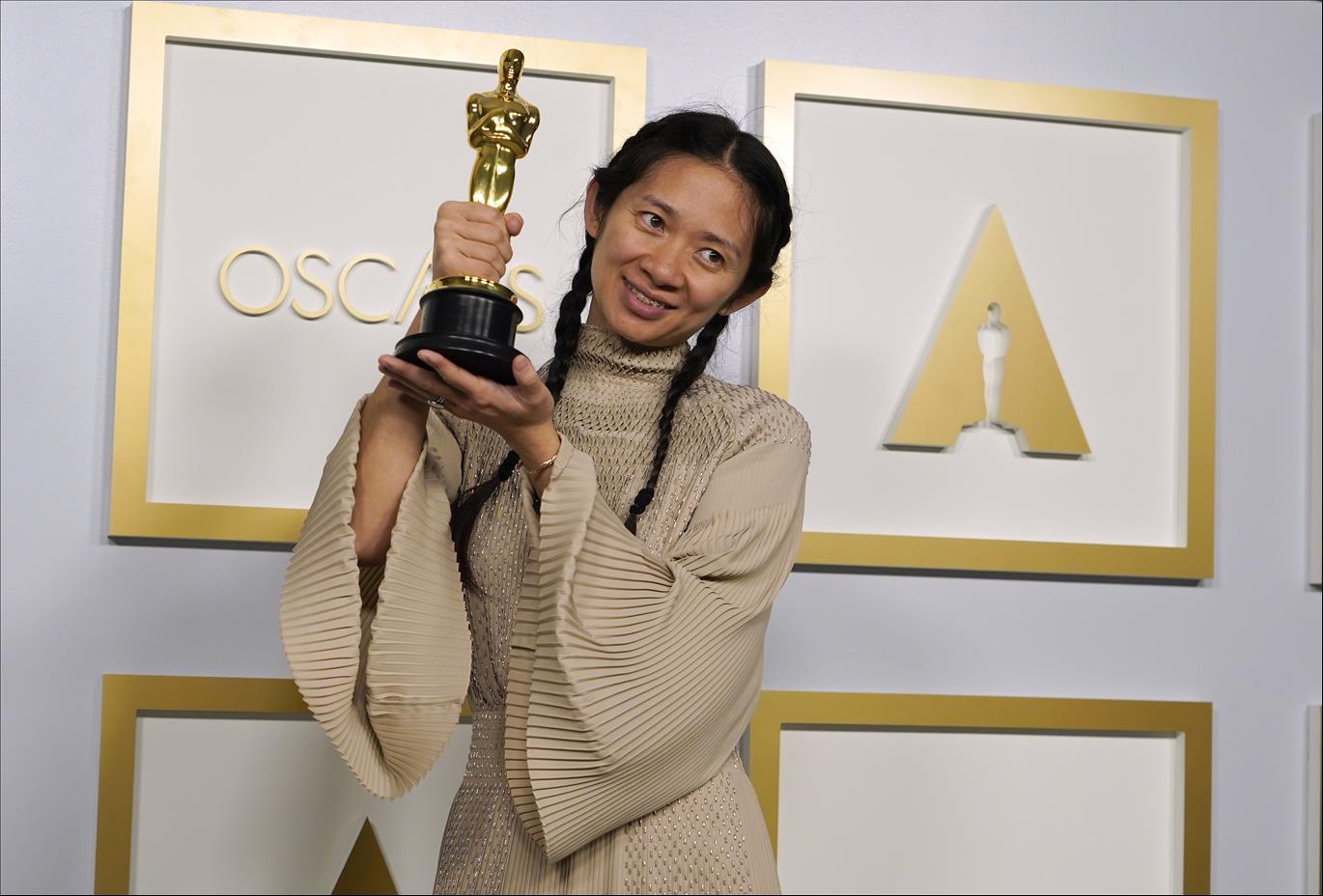(MENAFN- The Conversation) There's an ongoing joke in our household. When I win at cards it's luck. When my husband wins it's skill. I often wonder if this is also how the industry perceives female film directors. And I always feel that when a male director makes a great film, he's a great director – but when a female director does, it's down to luck or a“team effort”.
There has again been much criticism of the Academy Awards in 2023 for its lack of diverse representation among nominees.
danielle deadwyler and Viola Davis are noticeably absent from best actress nominations and despite sarah's polley's women talking being nominated for best picture, there are no women nominated for best director . Gina Prince-Blythewood and Chinonye Chukwu, the directors of Woman King and Till, could also easily have been considered .
It's not just the Oscars. There is a lack of recognition across the film industry , including in the UK. Only two women have ever won a best directing Bafta, though charlotte wells picked up the outstanding debut award for her direction of Aftersun at this year's ceremony.
There are barriers at every stage for award nominations, starting with how many films are directed by women. In the UK, only 19% of releases in 2022 were directed by women, up from just 11% in 2017. This is a constant battle . And, in fact, the number of films directed by women from ethnic minorities has actually dropped in recent years .
According to a 2016 study by directors uk , the reasons for this bias are complex and exist even when the gatekeepers are women. The same study found persistent ingrained misogyny and stereotypes of women as less capable. Hiring in the film industry is often last minute, ad hoc and reliant on“word of mouth”, leading to poor HR practices and entrenched nepotism. New entrants are often expected to work for free and conditions for parents and carers are poor .
Even when a film has been made, the awards selection process entails more prejudice. Distribution executives decide which films to promote based on what has been successful before. Bafta and Oscar members are drawn from an industry lacking in diversity and it has been questioned whether they even watch all of the films . With limited time they are likely to select the films they perceive as contenders.
Do awards really make a difference?
studies show that Oscar nominations encourage more people to see a film. Audiences may not know the name of a director, but they are more likely to get another shot from funders if they've had previous success. Funders and distributors see each film as gamble – anything that improves a director's odds helps in their eyes.
Consequently, a major award such as an Oscar is more significant the earlier it happens in a director's career. Andrea Arnold was already in production for Red Road when her short film Wasp won an Oscar in 2004, but (along with her Jury Prize at Cannes for Fishtank) it undoubtedly helped propel her career.
Andrea Arnold accepts her Oscar for Wasp in 2005. It doesn't always work. Harry Wootliff's debut short film Nits was nominated for a Bafta in 2003 but it was ten years before she directed her first feature, Only You. Having won accolades for Ratcatcher (1999), Lynne Ramsay had an almost ten-year hiatus between Morvern Caller (2002) and We Need to Talk About Kevin (2011).
Awards aren't just about improving chances in the eyes of funders. Women are already behind men in self-confidence and self-esteem , which are hard to maintain without recognition when you are continually disadvantaged and face sexism on and off set. And things don't necessarily get easier as careers progress. With increased caring responsibilities and pressure to earn, film directing is a high risk and expensive occupation. Female directors often make huge sacrifices to get their films made.
Tilda Swinton at the BFI London Film Festival, 2022. epa-efe/andy rain The recognition of an award can mean the difference between stopping and continuing. I've been making short films since 2009 which have won a few awards at film festivals. Being recognised by people in the industry I hold in high esteem has spurred me on at times when I have almost given up.
In 2022 I was awarded the inaugural bfi chanel filmmaker award for my first feature film, the wolf suit . Actress Tilda Swinton, who was chair of the jury, took my hands in hers and told me to never stop making films. This small act will always stay with me.
If you are a female director who is also black or queer, deaf or disabled, the challenges are even greater as different prejudices intersect (deaf and disabled filmmakers are particularly underrepresented). Class is also an important factor, with a disproportionate number of privately educated people in the industry .
What is the solution?
public funding agencies are prioritising films by ethnically diverse, queer and female filmmakers and are starting to also look at socioeconomic background. However, the BFI's budget was cut by 10% this year and with an ever-decreasing pot their efforts are limited .
There is too much pressure on these agencies to fund films that turn profit rather than funding new voices. In Scandinavia, funding commissioners are on short, fixed-term contracts to ensure there is a continual rotation in decision makers . This is something the UK could consider.
More British films in cinemas would also help. From the 1930s until 1960 the british cinematograph act , which ensured a proportion of films were made in the UK, produced a boom in UK cinema production that could compete with the US. Now, quotas could be reintroduced or applied to streaming giants to bring in new voices.
The only hope for a properly representative cinema in the UK – and therefore representative award ceremonies – is if enough independent UK productions are being made.




















Comments
No comment